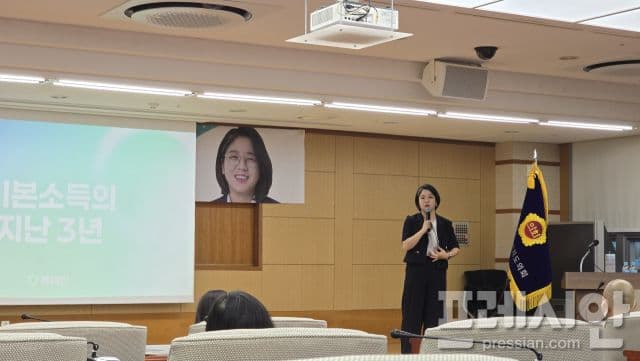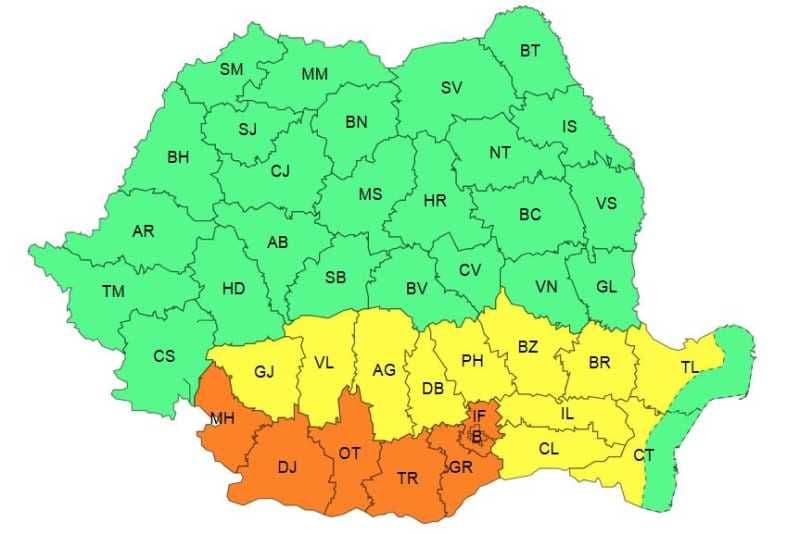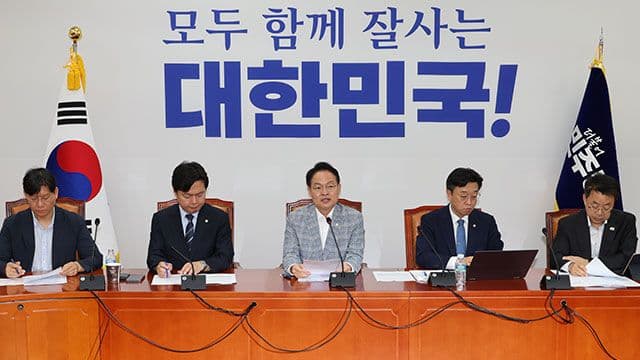Reclaiming Rural Futures: Yong Hye-in's Basic Income Blueprint for a Dignified Korea
Explore Yong Hye-in's visionary basic income plan to revitalize rural Korea, driven by a powerful philosophy of dignity. Uncover the impact and political strategy.

A New Horizon for Korea's Countryside
Korea's rural communities face an existential crisis, grappling with rapid depopulation and economic stagnation. Yet, a transformative vision is emerging, spearheaded by , the leader of the . She passionately asserts that basic income is not merely an economic policy, but a fundamental political imperative, a vital 'profit-sharing system' that is urgently needed right now. Yong views 'rural basic income' as an emergency prescription to safeguard these dwindling regions. She recently kicked off a nationwide tour in the , engaging with citizens in , campaigning for the enactment of the Rural Basic Income Act. Her conviction is clear: establishing basic income will trigger a cascade of positive changes, ultimately empowering a shift in the political landscape. She firmly believes that without bold, state-led investment through basic income, genuine innovative growth remains unsustainable, leaving the countryside vulnerable.

Dignity as the Cornerstone: Beyond Economic Aid
At the heart of 's advocacy for basic income lies a profound philosophical commitment to human dignity. She emphasizes that basic income embodies the value of 'dignity,' aligning perfectly with Article 10, Paragraph 1 of the , which affirms every citizen's inherent dignity, worth, and right to pursue happiness. For Yong, this isn't just about providing financial assistance; it's about fundamentally reshaping the social contract to ensure that all individuals possess the basic means to live a life of respect and autonomy. In an era dominated by platform capitalism, where economic growth often fails to translate into widespread benefits and can even deepen social divisions, Yong argues that traditional job-linked welfare systems are no longer sufficient. Basic income, in her view, is the essential mechanism to protect individual dignity and prevent societal fragmentation, serving as a crucial step towards a more just and equitable society.

The Ripple Effect: Basic Income's Promise for Rural Renewal
The transformative power of basic income isn't just theoretical; it's tangible, as evidenced by the pilot project in . This initiative clearly demonstrated basic income's effectiveness as a robust strategy against regional extinction. Following its implementation, saw a noticeable increase in population, and its rate of population decline significantly slowed compared to overall. The impact extended far beyond demographics, breathing new life into the local economy. Businesses flourished, with the number of local currency affiliates soaring to 109, and average store revenues increasing by 10-20%. Even more remarkably, the area witnessed the emergence of new businesses, from restaurants to hair salons, a rarity in many rural settings. Perhaps most profoundly, residents reported a palpable shift in community spirit, describing a newfound generosity and willingness to help one another, truly embodying a more livable and connected rural community.
From Grassroots to Legislature: Paving the Path for Policy
Translating vision into policy requires diligent groundwork, and 's is actively building momentum from the grassroots up. They recently established a 'Rural Basic Income Special Committee,' which is diligently touring the nation, educating and persuading communities about the necessity of this vital policy. The committee, co-chaired by farmer from and , welcomes participation from any citizen passionate about rural basic income, regardless of party affiliation. On the legislative front, the party's bill is fully drafted and is expected to be co-sponsored and introduced in early August, following the conclusion of their tour. While the 's Representative has also introduced a rural basic income bill, highlights key distinctions: her party's proposal aims for a higher monthly payment of over 300,000 KRW (compared to 150,000-200,000 KRW), and crucially, designates the as the lead ministry to underscore its role in comprehensive regional balance, not just agricultural support.
Navigating the Future: Challenges and Aspirations
While the promise of rural basic income is compelling, the path forward is not without significant hurdles, most notably the question of funding. Estimates from the suggest implementing rural basic income nationwide would require a substantial 16 trillion KRW annually, totaling 86 trillion KRW over five years. This scale of investment clearly presents a formidable challenge. However, remains resolute, framing it as a necessary 'bold state-led investment' and an essential part of a 'profit-sharing system' crucial for sustainable innovation and growth. She firmly believes that basic income is more than just a policy; it's a catalyst for comprehensive social reform, poised to refresh progressive politics by addressing issues like time sovereignty, care, labor rights, gender equality, and public health. Her ultimate aspiration is to see the seeds of rural basic income, sown in , spread across the entire nation, safeguarding Korea's countryside and upholding the dignity of all its citizens.
Related Articles

Dignity's Architect: Yong Hye-in's Unconventional Path to a Resilient Korea

Dignity's Architect: Yong Hye-in's Unconventional Path to a Resilient Korea

Beyond Asphalt and Pipes: Anghel Saligny, The Unseen Architect of Rural Romanian Revival

Beyond Asphalt and Pipes: Anghel Saligny, The Unseen Architect of Rural Romanian Revival

The Quiet Revolution: Unpacking Korea's Pursuit of Industrial Harmony Through Labor Reform

The Quiet Revolution: Unpacking Korea's Pursuit of Industrial Harmony Through Labor Reform

The Algorithm of Growth: Hyulim Robot and Korea's AI Industrial Revolution
